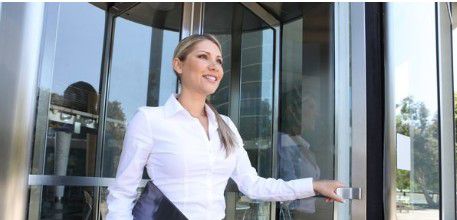2008年4月28日 法农业部长:粮食问题不能靠市场
|
法国农业部长米歇尔?巴尼耶(Michel Barnier)表示,非洲和拉美应采取自己版本的欧洲共同农业政策(CAP),以应对食品需求不断上升的局面。 Africa and Latin America should adopt their own versions of Europe’s Common Agricultural Policy as a response to rising demand for food, according to Michel Barnier, France’s farm minister. 巴尼耶向英国《金融时报》表示,尽管对共同农业政策持批评态度的人士准备利用不断飙升的食品价格和食品短缺威胁,来寻求进一步的农业贸易自由化,但与此相反,发展中国家应从欧洲汲取灵感,调整发展援助方向,资助形成自给自足的地区农业集团。 While critics of the CAP prepare to use surging food prices and threats of shortages to seek freer trade in agriculture, Mr Barnier told the Financial Times that, on the contrary, the developing world should draw inspiration from Europe and form self-sufficient regional agricultural blocs funded with a redirection of development aid. 巴尼耶表示,他不会允许欧洲的补贴体系和贸易壁垒被指责为造成大宗商品价格飙升的“混乱局面”的原因。巴尼耶曾任法国外交部长,还担任过欧盟(EU)专员,是法国执政党中间偏右的人民运动联盟(UMP)成员。 Mr Barnier, a former French foreign minister, ex-EU commissioner and member of the governing centre-right UMP party, said he would not allow Europe’s system of subsidies and barriers to trade to take the blame for “disorder” surrounding the commodities spike in prices. 他表示:“我们目前在全球看到的,是自由市场自由化程度过高带来的后果。” “What we are now witnessing in the world is the consequence of too much free-market liberalism,” he said. “我们不能把人民的饥饱问题交由市场决定。我们需要一项公共政策,一种干预和稳定的方式。” “We can’t leave feeding people to the mercy of the market. We need a public policy, a means of intervention and stabilisation.” “我认为(共同农业政策)是个很好的榜样。该政策使我们能够自给自足。我们共享我们的资源来支持生产。西非、东非、拉美和地中海南岸国家都需要地区性的共同农业政策。” “I think [the CAP] is a good model. It is a policy that allows us to produce to feed ourselves. We pool our resources to support production. West Africa, East Africa, Latin America and the southern shore of the Mediterranean all need regional common agricultural policies.” 他补充称,欧盟应提供资金和技术,以帮助这些地区采用它们自己的共同农业政策。巴尼耶表示,较贫穷国家不应在满足本国人口食品需求前,优先耕作用于出口的经济作物。 The EU should provide money and know-how to help these regions adopt their own CAPs, he added. Mr Barnier said poorer countries should not put cultivation of cash crops for export before feeding their populations. 他表示,他“不确定”世界贸易组织(WTO)是否是“讨论食品与农业关系的适当场所”。“无论(贸易谈判)多哈回合的结果怎样,悬而未决、失败或是成功,我们都需要问一个问题:哪里才是讨论这些问题的合适论坛?” He said he was “not sure” that the World Trade Organisation was the “right place to discuss the relationship between food and agriculture”. “Whatever the outcome of the Doha round [of trade talks], suspension, failure or success, we need to ask what is the correct forum for discussing this”. |








